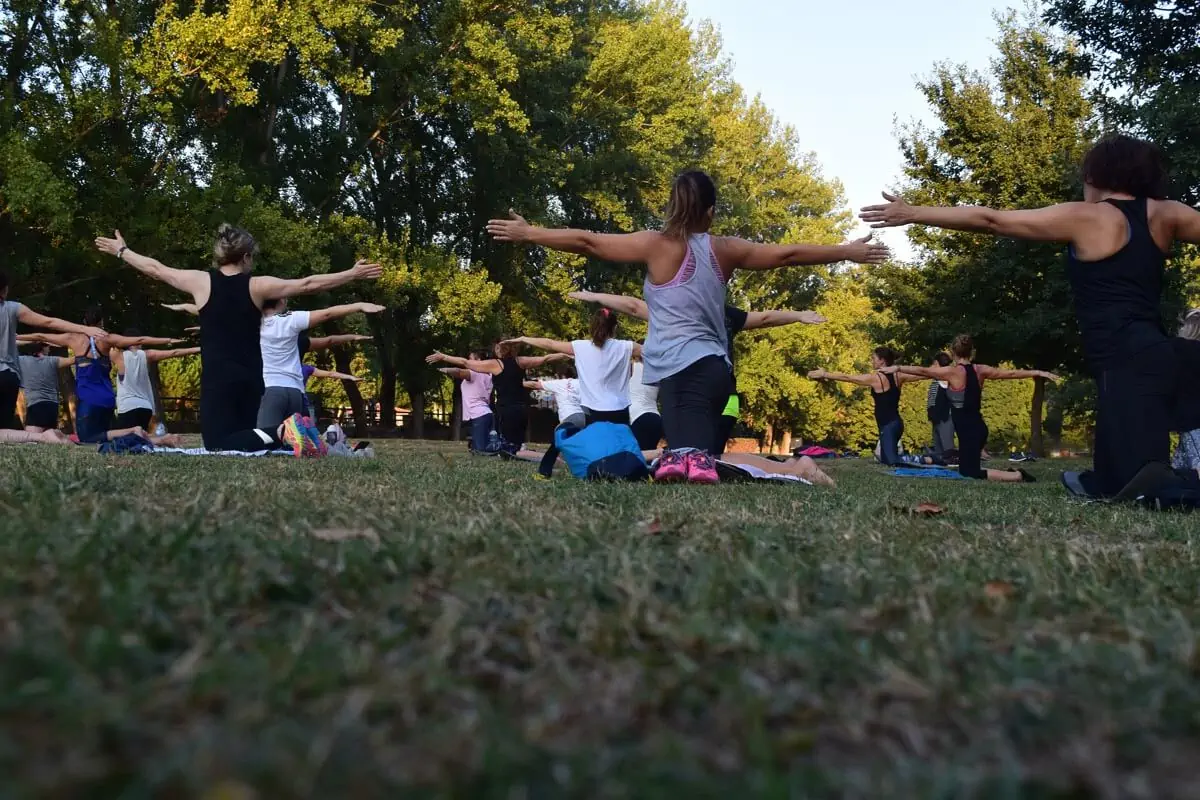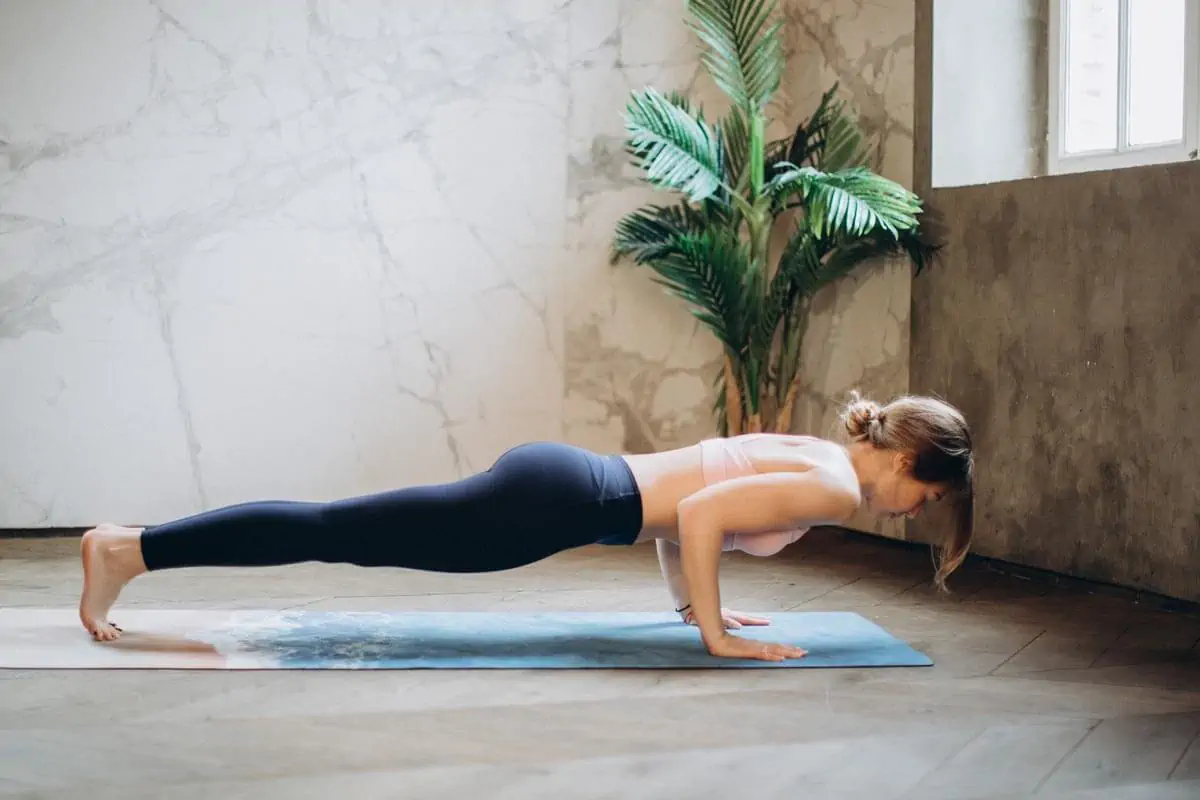Unplugging for Wellness: 12 Benefits of Indoor & Outdoor Activities
In today’s fast-paced world, we are constantly connected to devices such as smartphones, tablets, and computers. While technology has brought many benefits, it has also led to a growing concern about the negative impact of excessive screen time on our mental, emotional, and physical health.
Digital detox refers to taking intentional breaks from technology and disconnecting from screens to reduce the adverse effects of constant virtual exposure. In this article, we’ll dive into the idea of digital detox and why it’s crucial in today’s world, and how unplugging from technology can boost mental clarity, spark creativity, and promote overall well-being. Lastly, we’ll give you some practical tips and ideas on how to incorporate a digital detox into your life, both inside and outside your home.
 Photo courtesy of Rui Dias via Pexels
Photo courtesy of Rui Dias via Pexels
Importance of indoor and outdoor activities for a healthy lifestyle
To enhance your overall well-being, it’s crucial to maintain a balance between indoor and outdoor activities in addition to digital detox. Indoor activities like practicing photography or video editing and spending time with loved ones can help you unwind and strengthen social connections. While outdoor exercises such as nature walks or these summer activities provide a range of physical and mental health benefits, including improved psychological well-being and a lower risk of chronic diseases. Combining both types of endeavors can help counteract the harmful effects of excessive technology use and improve your overall well-being.
Benefits of reducing screen time
Living in the technological age has its advantages, but it also comes with downsides. This includes negative effects of excessive screen time such as decreased physical abilities and disrupted sleep patterns.
To counteract these adverse effects, it is important that you take some time off from your screens and engage in physical endeavors and practice digital detox. These promote a healthy lifestyle and which can have numerous benefits, including:
- Improved mental health. Excessive screen time is linked to mental health issues like anxiety and depression. Taking breaks to read or meditate can reduce negative effects and improve mental well-being. These promote relaxation, creativity, and calmness, leading to better mental health.
- Enhanced sleep patterns. Excessive screen time before bedtime disrupts sleep and leads to poor sleep quality. Engaging in screen-free practices, such as taking a warm bath or shower, or writing a journal or diary before sleeping, can help improve your sleep patterns and quality of sleep. This is vital for your overall well-being like improved mood, and cognitive function.
- Increased productivity and focus. Computerized distractions, like social media and emails, reduce productivity and concentration. Taking breaks from screens and doing immersed work like reading or puzzles can improve brain function and productivity.
Benefits of indoor and outdoor activities
 Photo courtesy of Elina Fairytale via Pexels
Photo courtesy of Elina Fairytale via Pexels
In this section, we will explore the self-improvement benefits of both indoor and outdoor activities. From physical health to mental well-being, social interaction to creativity, engaging in these types of tasks can have numerous positive effects on your health and state of mind. That said, let us dive in:
- Improved physical healthEngaging in physical activity helps the body burn calories, increase energy levels, strengthen muscles and bones, improve cardiovascular health, and reduce the risk of chronic diseases such as heart disease, stroke, and diabetes.
- Reduced stress and anxietyParticipating in physical endeavors is beneficial in decreasing stress and anxiety levels as it stimulates the release of endorphins, which act as natural mood enhancers in the body. Regardless of whether the activity is done indoors or outdoors, it serves as a means of diversion from stressful circumstances and provides relaxation and pleasure.
- Increased creativityTaking part in indoor or outdoor activities can enrich creativity by introducing individuals to novel experiences, stimuli, and perspectives. Experimenting with different tasks can stimulate the mind and encourage innovative thinking.
- Optimized sleep qualityIndoor and outdoor activities can stimulate the release of endorphins, the body’s natural mood-lifters, which can contribute to a sense of calmness and overall wellness. By integrating physical activity into their daily routine, they will notice a significant improvement in the quality of their sleep, which can result in enhanced physical and mental well-being.
 Photo courtesy of Julia Avamotive via Pexels
Photo courtesy of Julia Avamotive via Pexels - Enhanced moodSpending time outdoors and connecting with nature has been linked to lower levels of stress and improved mood. The natural surroundings can have a calming effect on the mind and body, leading to a greater sense of tranquility and contentment. Similarly, indoor routines such as redesigning your condo interior design, yoga, or reading can promote a sense of peace and relaxation that can improve mood.
- Increased social interactionBeing involved in indoor and outdoor activities provide opportunities for increased social interaction. Whether it be through team sports, group classes, or social hobbies, this can help foster strong social connections and relationships with others. Indeed, socializing can have a positive impact on mental and emotional health, providing a sense of belonging, support, and companionship.
- Boosted immune systemPhysical activity can help improve immune function by releasing hormones and chemicals such as endorphins that can reduce stress and boost mood. This can also improve circulation and blood flow, allowing immune cells to move more efficiently throughout the body. Exposure to sunlight can increase vitamin D levels, a crucial nutrient in bone development and maintenance and in supporting the immune system.
- Reduced risk of chronic diseasesRegular participation in indoor or outdoor physical tasks can help reduce the risk of chronic diseases such as obesity, heart disease, and diabetes. Incorporating physical activity into one’s routine can aid in maintaining a healthy weight, lowering blood pressure and cholesterol levels, and improving insulin sensitivity. By reducing these risk factors, individuals may lower their chances of developing chronic diseases, leading to improved overall health and well-being.
 Photo courtesy of Rodolfo Clix via Pexels
Photo courtesy of Rodolfo Clix via Pexels - Increased cognitive functionEngaging in various tasks can challenge the brain and improve cognitive flexibility, which can aid in tasks such as decision-making and memory retention. Additionally, physical activity can improve blood flow and oxygen delivery to the brain, promoting neuroplasticity and the growth of new neural connections which improves cognitive function and overall brain health.
- Better self-esteem and confidenceTaking part in indoor and outdoor routines can lead to improved self-esteem and confidence. This can result in personal achievements and improved physical health, which can boost self-esteem.
- Increased appreciation of natureEngaging in outdoor activities can help cultivate a deeper appreciation for nature. Spending time in natural settings and observing the beauty and complexity of the environment can develop a sense of connection and responsibility to protect and preserve nature.
- Increased happiness and satisfaction with lifeParticipating in indoor or outdoor exercises can lead to increased happiness and life satisfaction by promoting physical and mental well-being, social interaction, and personal fulfillment.
How to incorporate indoor and outdoor activities into a digital detox
Taking intentional breaks from screen time is becoming increasingly important in today’s technology-driven world. Along with disconnecting from screens, incorporating these activities can enhance the effectiveness of a digital detox.
Creating and sticking to a digital detox plan involves several key steps. First, set clear and achievable goals for your digital detox, such as reducing screen time by a certain amount or avoiding screens during specific times of the day. Next, plan alternative tasks that you enjoy and can do indoors or outdoors, such as reading, drawing, or hiking.
If you want to incorporate these activities into your digital detox plan, it’s important to create a schedule that includes designated times for non-screen exercises. This means avoiding screen use during those times and setting boundaries for yourself, such as avoiding screens during meals or before bedtime.
To make the most of your digital detox, you can also follow these tips:
- Start small and gradually increase the duration of your exercise.
- Choose tasks that you enjoy and find engaging.
- Mix up your activities to keep things interesting.
- Plan ahead and have a clear idea of what you’ll do during your digital detox time.
- Be fully present and engaged during your exercises, avoiding the temptation to check your phone or other devices.
It can also be helpful to find accountability partners who can support and motivate you in your digital detox journey. Make your environment conducive to non-screen endeavors by removing distractions and creating spaces for indoor and outdoor tasks. Practice mindfulness during your activities, fully engaging in the present moment without distractions.
Engaging in both indoor and outdoor activities can be an excellent complement to a digital detox plan, helping to promote a healthy and balanced lifestyle. These tasks can offer a range of benefits, such as improving physical health, enhancing mental well-being, promoting social interaction, and stimulating creativity.
By reducing the amount of time we spend on screens and incorporating these activities into our daily routines, we can experience a range of positive outcomes. This might include improvements in cognitive function, boosted mood, and a greater sense of connection with others.
So, take a break from screens, step outside, or engage in indoor activities, and experience the numerous benefits of a digital detox for a healthier, happier life.




